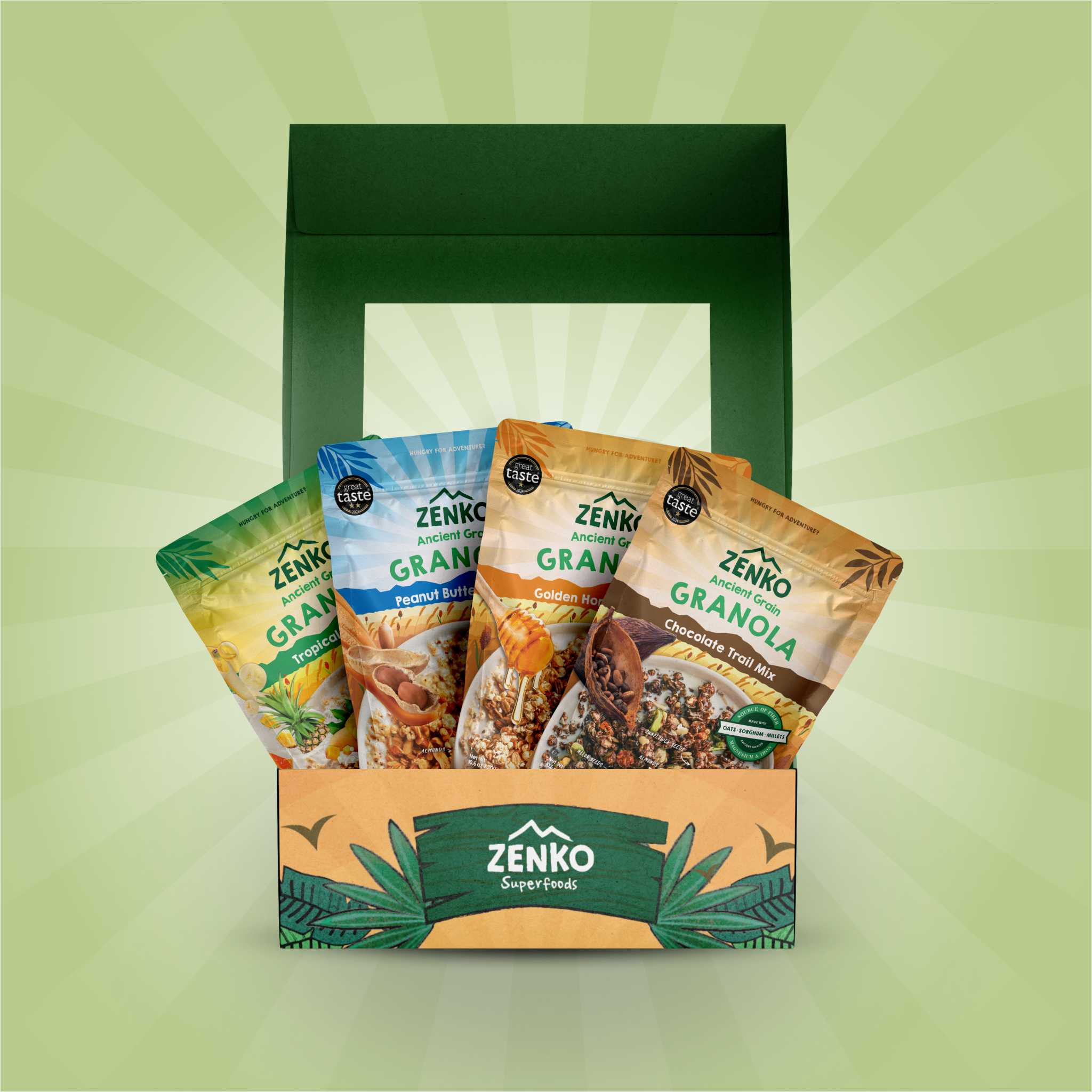
Makhana, popped water lily seeds, water lily pops, the secret ancient superfood... however you label them, these incredibly powerful seeds are satisfying hungry mouths around the world, bringing their plant-based proteins, fibers, and antioxidants into your bello!
Grown in the beautiful ponds of the Northeast Indian state of Bihar, this ancient snack is more than just a superfood, it is a recognizable cultural symbol in India.
Makhana has been the primary offering to Goddesses during festivals in the Mithila region, which includes Bihar and Nepal, for centuries. During these festivals, the Makhana is either made into non-flower garlands or roasted into edible form to be offered to deities as a form of devotion. In fact, Makhana is such a large part of the Mithila region’s culture that they are a special part of the region’s marital ritual. This tradition has made Makhana a significant symbol of the state culture of Bihar.
Beyond the ritual uses and cultivation, Makhana’s uniqueness as a seed and not a grain nor cereal permits its consumption during long fasting periods across the country. This distinct characteristic has made Makhana a cultural pillar due to the importance and frequency of fasting in India. With a strong regional production and ritual identity as well as a national popularity through fasting, it’s no surprise that word of this ancient cultural superfood has reached the world’s healthy snack seekers.
Join the Goddesses of Mithila and members of the world's most coveted cultures by trying your first bite of Makhana, or Water Lily Pops today.
To visit our Water Lily Pop flavours and purchase some, click here
More articles:
Top 10 Health Benefits of Water Lily Pops
Bihar Unlocked: An interview with our co-founders








